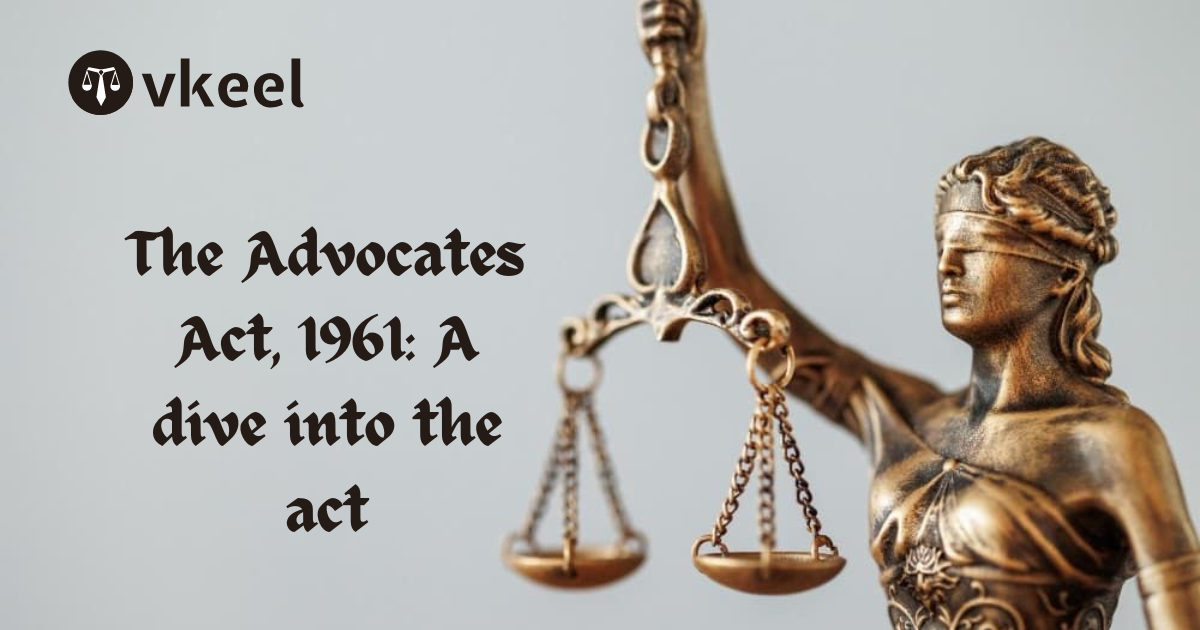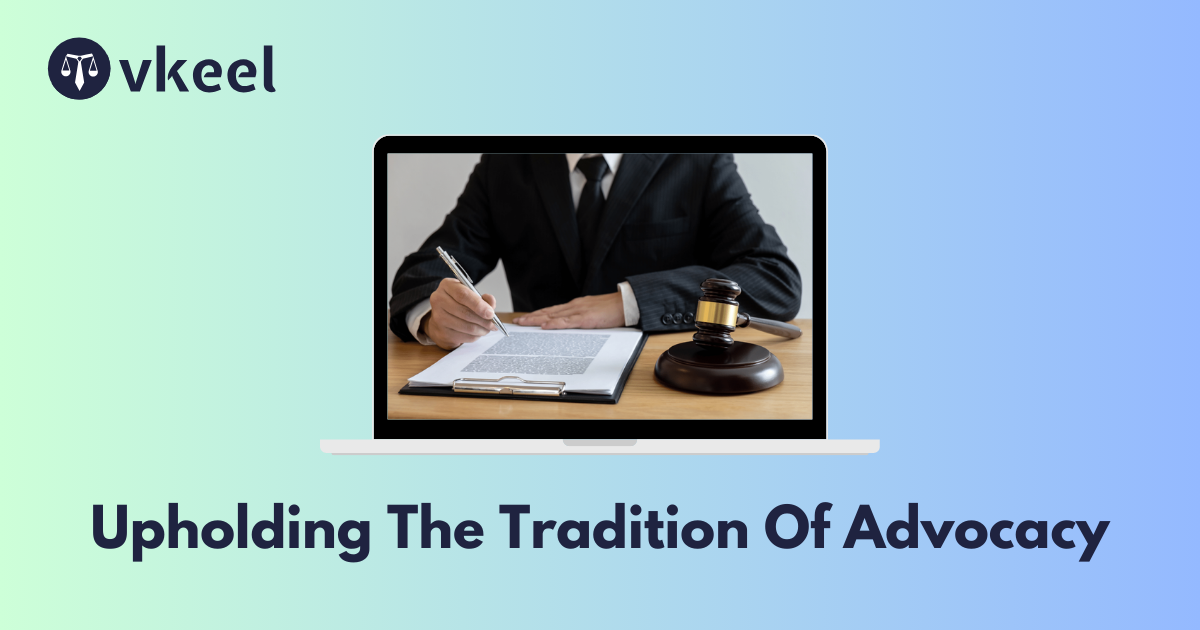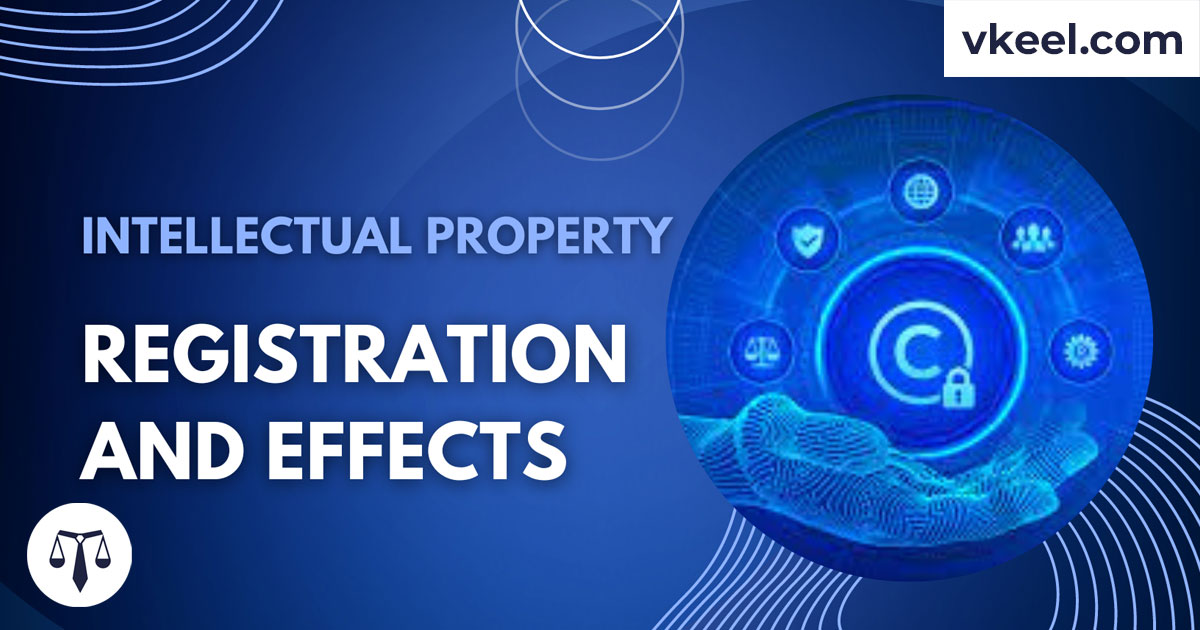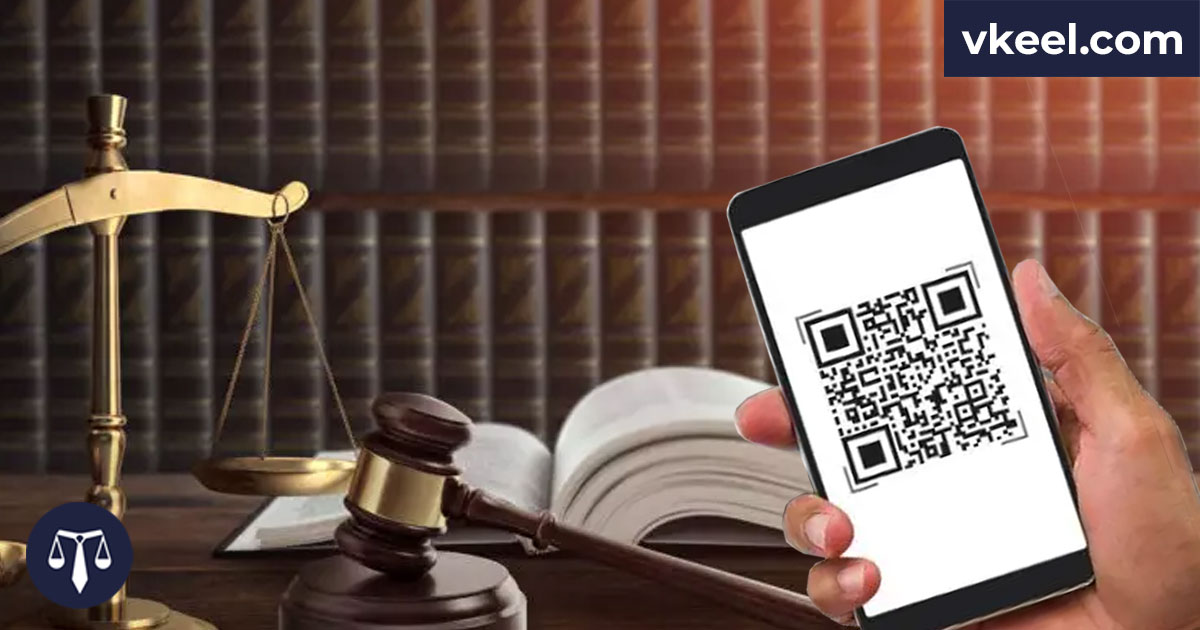Senior advocates say service tax liability imposed in Budget a ‘retrograde’ step
By Vkeel Team
Senior advocates and arbitrators who will now be liable to pay service tax themselves, termed the move announced in the 2016 budget to withdraw the exemption they enjoyed a “retrograde step” and a “harassing one”. To broaden its tax base, the government proposed to levy 14% tax on services by a senior advocate to an advocate or a law firm for representing or advising corporates or other business entities.
“The pursuit of litigation has only just got more onerous,” said Mumbai-based corporate advocate Fereshte Sethna and perhaps more expensive, said another lawyer.
Also See: lawyer Vikram Singh Chauhan support on Facebook to ‘teach traitors a lesson’
Senior counsel never saw the curve ball coming their way. They reacted by cautiously criticising the finance minister Arun Jaitley, who is also a bar colleague, for taking an “unnecessary step that may have no affect on garnering more revenue,” as one senior counsel Vikram Nankani said. Some Delhi-based senior counsel met the FM on Wednesday at a social event, where they were planning to seek a roll back of the proposed move before it kicks in from April 1. There is much confusion on its need and implications, said a few lawyers. “What necessitated the change?” is the question lawyers are asking.
While the proposed law in effect partially reduces the administrative burden on the business entities, it transfers it on to senior advocates. “The reason behind the withdrawal of exemption is incomprehensible,” said a senior counsel Amit Desai in Mumbai. The tax would go up to 15% with inclusion of Swachh Bharat and Krishi Kalyan cesses.
The existing law is that business entities—the clients—would pay the service tax under a “reverse charge mechanism”. If an individual senior advocate or law firm provided service to a business entity then the recipient (the client) would pay the service tax to the tax authorities on the consolidated bill of fees for the senior counsel and that of the law firm or solicitor.
There are hardly any senior counsels—a designation bestowed by a full house of a high court based on the lawyer’s skills and work—in Tier-II & Tier-III cities. Those affected most will thus be in the larger metros especially Mumbai and Delhi, where corporate legal battles abound.
Now for instance, in Delhi, if a senior counsel has a quarterly billing of Rs 10 crore, he would have to pay the service tax of Rs 1.5 crore on it by the end of three months—the deadline to pay a service tax—even if the corporate client doesn’t pay his fees by then. After every quarter, an individual has to pay service tax by the 5th of the following month, failing which the government can initiate proceedings to recover the amount by even attaching properties of such a defaulter, after first giving adequate opportunity to make the payment with penalty or interest. Senior advocates may now either ensure that their fees are paid in advance or within three months of raising a bill.
“If the government found it prudent to continue the reverse charge mechanism in relation to law firms, there appears to be no rationale to exclude senior counsel, who are comparatively fewer in number,” said Milind Sathe, senior advocate and president Bombay Bar Association, the nation’s oldest bar at 150 years.
Senior advocates
Disclaimer:
The information provided in the article is for general informational purposes only, and is not intended to constitute legal advice or to be relied upon as a substitute for legal advice. Furthermore, any information contained in the article is not guaranteed to be current, complete or accurate. If you require legal advice or representation, you should contact an attorney or law firm directly. We are not responsible for any damages resulting from any reliance on the content of this website.












